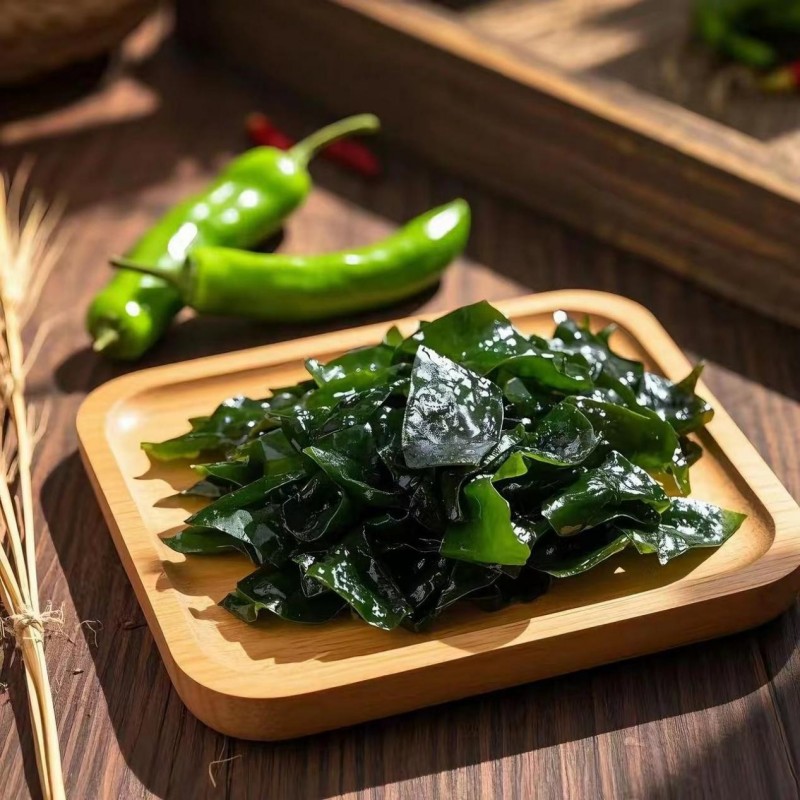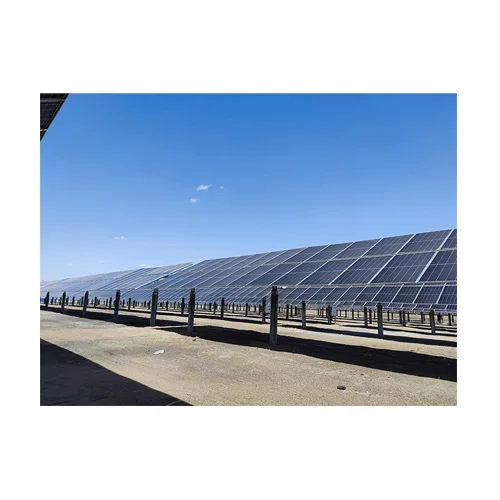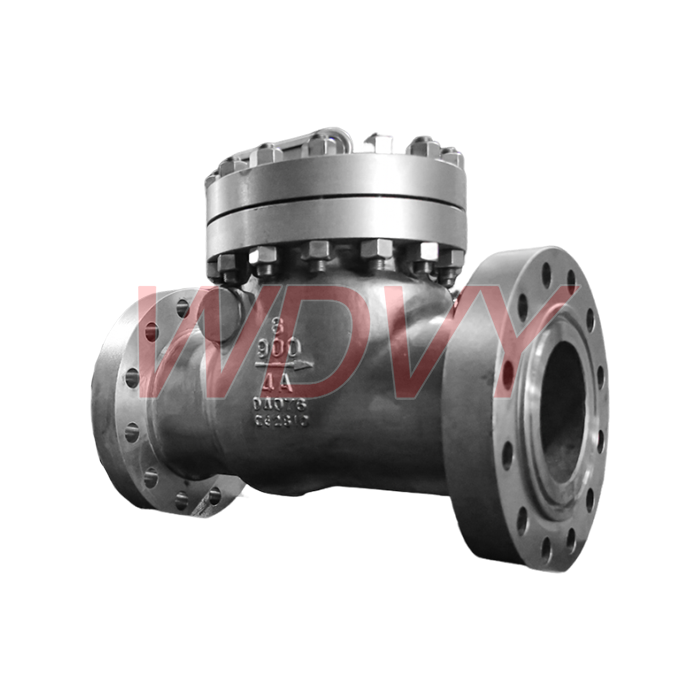Climate change has emerged as one of the most pressing challenges of our time, and industries worldwide are seeking sustainable solutions to mitigate its impact. One of the most promising approaches comes from the ocean: kelp farming. Seaweed cultivation, particularly kelp and other macroalgae, is increasingly recognized not only for its nutritional and economic value but also for its ability to support carbon sequestration. Companies like Weihai Chengyuan Marine Biotechnology Co., Ltd., a leading enterprise in kelp and seaweed production, are at the forefront of this green revolution.

Understanding Carbon Sequestration in Marine Environments
Carbon sequestration refers to the process of capturing and storing atmospheric carbon dioxide (CO₂) to reduce its concentration and mitigate global warming. While forests and soil are well-known carbon sinks, the ocean is another powerful reservoir. Seaweeds, particularly fast-growing species like kelp, absorb significant amounts of CO₂ during photosynthesis. Unlike terrestrial plants, seaweeds do not require arable land or freshwater, making them an environmentally efficient solution.
Kelp Farming as a Climate Solution
Kelp, a type of brown macroalgae, grows rapidly—sometimes several centimeters per day under ideal conditions. This rapid growth allows kelp farms to capture large volumes of CO₂ efficiently. When kelp is harvested, processed, and used in food, feed, or bioproducts, some of the absorbed carbon is effectively stored, contributing to long-term carbon reduction. Additionally, portions of unharvested or sinking biomass naturally sequester carbon in the deep ocean.
Economic and Environmental Benefits
Beyond carbon sequestration, kelp farming offers multiple advantages:
-
Sustainable Food Source: Kelp is rich in vitamins, minerals, and dietary fiber. Products such as dried kelp, wakame, and seaweed salads are not only nutritious but also help reduce reliance on land-based agriculture. Weihai Chengyuan Marine Biotechnology Co., Ltd. has developed a range of high-quality products, including dried wakame, dried kelp, and seaweed salad, catering to both domestic and international markets.
-
Marine Ecosystem Support: Kelp forests provide habitats for fish, shellfish, and other marine life, enhancing biodiversity. They also help stabilize coastal ecosystems by reducing erosion and filtering water.
-
Carbon Offset Potential: Large-scale kelp farming can play a role in carbon offset programs. By quantifying the carbon captured per hectare of cultivated kelp, farmers and businesses can contribute to broader climate mitigation strategies.
The Role of Weihai Chengyuan Marine Biotechnology Co., Ltd.
As a vertically integrated marine biotechnology company, Weihai Chengyuan specializes in the cultivation, processing, and commercialization of kelp, wakame, and other edible seaweeds. Their advanced farming techniques ensure high yield and sustainable practices, minimizing environmental impact while maximizing carbon sequestration potential. By combining traditional knowledge with modern biotechnology, the company not only supports local economies but also contributes to global efforts against climate change.
Future Perspectives
The role of kelp farming in climate action is just beginning to be recognized. Research continues into optimizing carbon capture efficiency, developing new seaweed-based products, and integrating kelp cultivation into broader marine management strategies. Companies like Weihai Chengyuan Marine Biotechnology Co., Ltd. demonstrate how commercial kelp operations can align economic success with environmental stewardship.
Conclusion
Kelp farming is more than a source of nutritious food; it’s a natural ally in the fight against climate change. Through sustainable cultivation practices, seaweed farms capture and store carbon while supporting marine biodiversity and local economies. As global demand for climate solutions grows, kelp and other macroalgae are poised to play a pivotal role in carbon sequestration efforts.
With enterprises like Weihai Chengyuan Marine Biotechnology Co., Ltd. leading the way, the future of sustainable, climate-conscious seaweed cultivation looks promising, proving that protecting the planet can go hand in hand with innovative business practices.
www.shandongwakame.com
Weihai Chengyuan Marine Biotechnology Co., Ltd.





+ There are no comments
Add yours